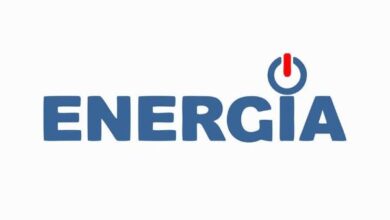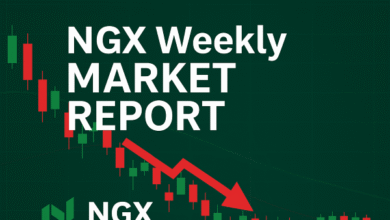OPEC and allies prepare to deepen oil supply cuts in 2020
 The Organization of the Petroleum Exporting Countries, OPEC and its allies led by Russia were moving closer on Thursday, December 5, 2019 to agreeing to deeper oil supply cuts in 2020 to support crude prices and prevent a glut, sources from OPEC and its allied producers said.
The Organization of the Petroleum Exporting Countries, OPEC and its allies led by Russia were moving closer on Thursday, December 5, 2019 to agreeing to deeper oil supply cuts in 2020 to support crude prices and prevent a glut, sources from OPEC and its allied producers said.
OPEC meeting on Thursday in Vienna will be followed by a meeting with Russia and others, a grouping known as OPEC+, on Friday.
OPEC+ has curbed supply since 2017 to counter booming output from the United States, which has become the world’s biggest producer.
Next year, rising production in the United States and other non-OPEC countries such as Brazil and Norway threaten to add to the glut.
OPEC’s actions in the past have angered U.S. President Donald Trump, who has repeatedly demanded OPEC’s de facto leader Saudi Arabia bring oil prices down if it wants Washington’s to provide Riyadh with military support against arch-rival Iran.
READ ALSO: MOSOP states conditions for oil exploration in Ogoni community
In the past few months Trump has said little about OPEC but that might change later in 2020 if oil and gasoline prices rise – a politically sensitive issue as he seeks re-election in November.
Washington’s ongoing trade dispute with China has also clouded the economic and therefore oil demand outlook for 2020.
Two OPEC+ sources told Reuters on Thursday the group would discuss increasing current cuts of 1.2 million barrels per day by more than 400,000 bpd.
Iraq, OPEC’s second largest producer, said on Tuesday OPEC de facto leader Saudi Arabia was supporting cuts of 1.6 million bpd, or 1.6% of global demand.
The current cuts expire in March and OPEC sources and delegates have said the new deal could be extended to June or until the end of 2020.
Saudi Energy Minister Prince Abdulaziz bin Salman has so far declined to comment on policy matters in Vienna.
Russian Energy Minister Alexander Novak was cited by his ministry as telling Prince Abdulaziz on Thursday that Russia-Saudi energy cooperation should continue.
COMPLIANCE
Saudi Arabia needs higher oil prices to support its budget revenue and the pending initial public offering (IPO) of state-owned oil giant Saudi Aramco with pricing of the IPO expected on Thursday.
OPEC’s actions have supported oil prices at around $50-$75 per barrel over the past year. Brent crude futures on Thursday were trading near $63 per barrel. [O/R]
OPEC sources have also said Riyadh was pressing fellow members Iraq and Nigeria to improve their compliance with quotas, which could provide an additional reduction of up to 400,000 bpd.
Non-OPEC Russia has yet to agree to extend or deepen cuts from its current pledge of 228,000 bpd as its companies are arguing they are finding it tough to reduce output during winter months due to very low temperatures.
Yetunde Adegoke











